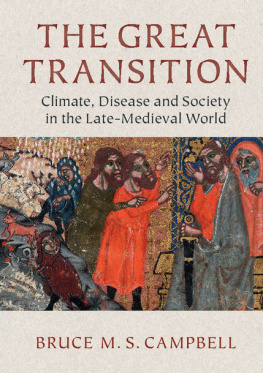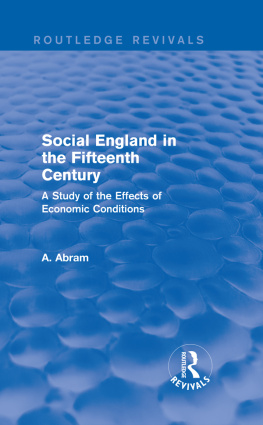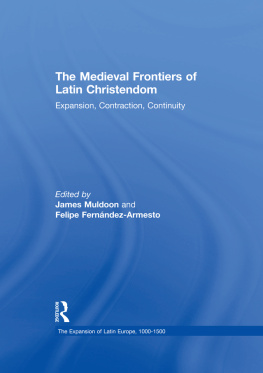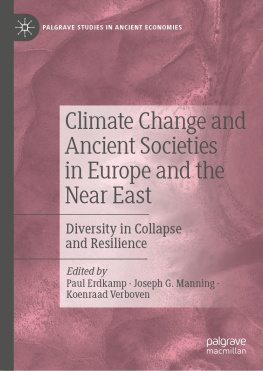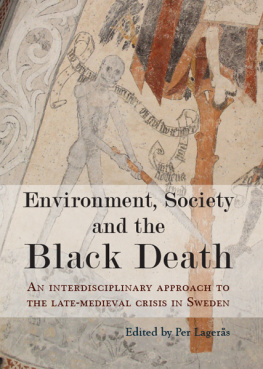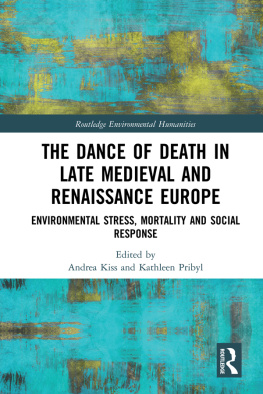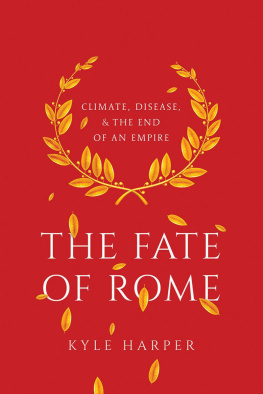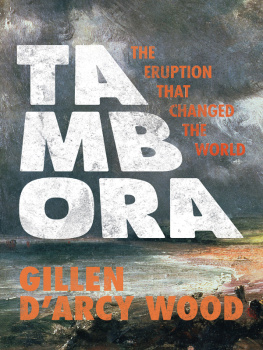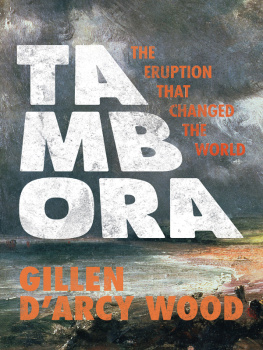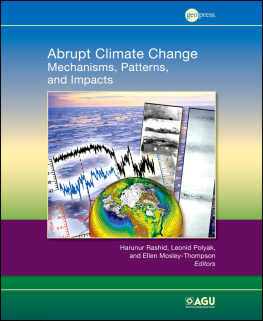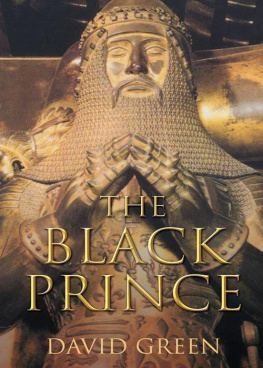In the fourteenth century the Old World witnessed a series of profound and abrupt changes in the trajectory of long-established historical trends. Trans-continental networks of exchange fractured and an era of economic contraction and demographic decline dawned from which Latin Christendom would not begin to emerge until its voyages of discovery at the end of the fifteenth century. In a major new study of this Great Transition, Bruce Campbell assesses the contributions of commercial recession, war, climate change, and eruption of the Black Death to a far-reaching reversal of fortunes which spared no part of Eurasia. The book synthesizes a wealth of new historical, palaeoecological and biological evidence, including estimates of national income, reconstructions of past climates, and genetic analysis of DNA extracted from the teeth of plague victims, to provide a fresh account of the creation, collapse and realignment of western Europe's late-medieval commercial economy.
Bruce M. S. Campbell is Emeritus Professor of Medieval Economic History at the School of Geography, Archaeology and Palaeoecology, The Queen's University of Belfast.
Bruce M. S. Campbell
University Printing House, Cambridge CB2 8BS, United Kingdom
Cambridge University Press is part of the University of Cambridge.
It furthers the University's mission by disseminating knowledge in the pursuit of education, learning and research at the highest international levels of excellence.
www.cambridge.org
Information on this title: www.cambridge.org/9780521144438
Bruce M. S. Campbell 2016
This publication is in copyright. Subject to statutory exception and to the provisions of relevant collective licensing agreements, no reproduction of any part may take place without the written permission of Cambridge University Press.
First published 2016
Printed in the United Kingdom by Clays, St Ives plc
A catalogue record for this publication is available from the British Library
Library of Congress Cataloguing in Publication data
Campbell, B. M. S., author.
The great transition : climate, disease and society in the late medieval world / Bruce M.S. Campbell (The Queen's University of Belfast).
Cambridge, United Kingdom ; New York, New York : Cambridge University Press, 2016.
The 2013 Ellen McArthur lectures.
Includes bibliographical references and index.
LCCN 2016006578 ISBN 9780521195881 (hardback)
LCSH: Europe History 4761492. Social change Europe History To 1500. Climatic changes Social aspects Europe History To 1500. Climatic changes Economic aspects Europe History To 1500. Human ecology Europe History To 1500. Black Death Europe History. Diseases Social aspects Europe History To 1500. War and society Europe History To 1500. Europe Social conditions To 1492. Europe Economic conditions To 1492. BISAC: NATURE / General.
LCC D202.C33 2016 DDC 940.1/92 dc23
LC record available at https://lccn.loc.gov/2016006578
ISBN 978-0-521-19588-1 Hardback
ISBN 978-0-521-14443-8 Paperback
Cambridge University Press has no responsibility for the persistence or accuracy of URLs for external or third-party internet websites referred to in this publication, and does not guarantee that any content on such websites is, or will remain, accurate or appropriate.
For Anthony ,
committed post-medievalist ,
who in Berlin, Belfast and Mulroy kept company
with this book throughout its long gestation
Contents
Figures
Tables
Preface and acknowledgements
In retrospect I can see that this book marks the final stage of an academic journey which began when, aged 16 and on the recommendation of Mr Stow, deputy headmaster and head of geography at Rickmansworth Grammar School, I opted to study Geography, Economics, and Pure Mathematics with Statistics at Advanced Level. From that decision, so lightly taken, springs this book's focus upon economic progress or the want of it across a wide geographical area, the attention paid to climate and disease as agents of socio-ecological change, and the reliance upon the quantification and graphical representation of key variables and developments. In the 1960s regional geography was a core component of the geography curriculum and always began with a study of the physical environment before proceeding to a consideration of the relevant country or region's human geography. This was because, self-evidently, temperature, rainfall, terrain, geology, vegetation and ecology shape where people live, the natural resources available to them, how they make a living, their methods and routes of transport, and the kinds of physical and biological hazards to which they are exposed. Environmental history shares the same premises.
Including nature among the protagonists of historical change risks incurring the stigma of environmental determinism. As a geography undergraduate at Liverpool University I was taught about the environmental determinism of Elsworth Huntington and warned that this was something to avoid. Instead, I learned that, because people have choices and create institutions and technology, environmental conditions powerfully influence but rarely determine human outcomes. The existence of important interactions, both direct and indirect and either positive or negative, between nature and society was taken as axiomatic, as was the idea that natural processes operate in parallel with human processes and are equally worthy of study. The then comparatively young subject of ecology was introduced to us as, perhaps, the most effective and comprehensive theoretical framework for analysing, explaining and understanding environmental and human interactions at a hierarchy of nested scales from a single field to the entire world. The appeal of this holistic approach, with its capacity to accommodate and explain a wider range of variables and inter-relationships than neoclassical, institutional or Marxist economics, has stayed with me ever since. Moreover, without the requirement at this formative stage of my education to read extensively across the sub-disciplines of physical geography, I could not have engaged with the fast-growing modern scientific literatures on palaeoclimatology and the biology of plague upon which this book draws so extensively. What often seemed a chore and was certainly a challenge at the time has many years later stood me in good stead. So, in a very real sense, in this book I have returned to my academic roots.
It was in the early 1970s, as a postgraduate student at Cambridge undertaking detailed case studies of three late-medieval Norfolk manors under the wise supervision of Alan Baker, that the massive economic and demographic impacts of the Great European Famine of 131522 and Black Death of 13489 were first brought home to me. So far as I could see, neither catastrophe could be convincingly accommodated within the rival, but economically equally deterministic, Malthusian and Marxist interpretations of medieval economic history then in vogue. Nor, given my earlier training, was it satisfying to dismiss these catastrophes as providential exogenous shocks and enquire little further about why two once-in-half-a-millennium events should have occurred within the narrow space of a single generation. At that time, however, it was difficult to explore the environmental dimensions and contexts of these disasters in more detail for the relevant palaeoecological research had scarcely begun. Notwithstanding the compelling advocacy of Emmanuel Le Roy Ladurie's pioneering Times of feast and times of famine , historians could safely disregard historical climate change because so little was known about it. Would that it had existed when I was researching and writing my doctoral thesis.

